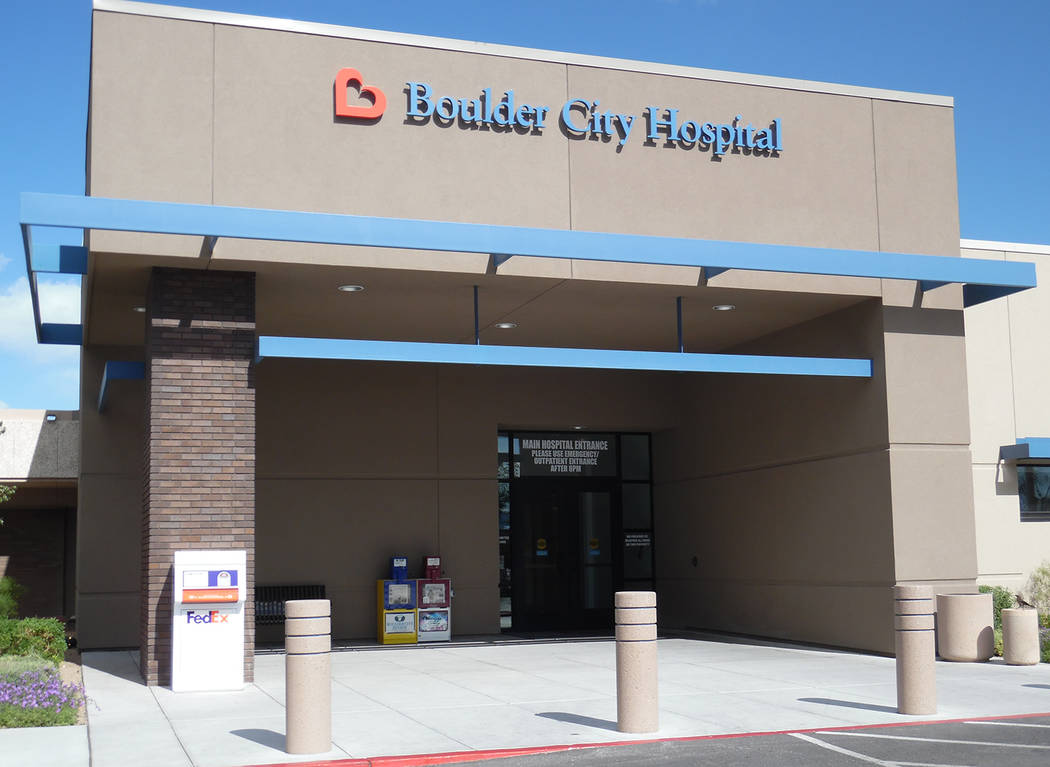Heat-related illness, death preventable
Heat-related deaths and illnesses are preventable. Despite this, about 618 people in the United States are killed by extreme heat every year.
Extreme heat is defined as summertime conditions that are much hotter and/or humid than average. Because some places are hotter than others, this depends on what’s considered average for a particular location. Humid and muggy conditions can make it seem hotter than it really is.
Heat-related illnesses, like heat exhaustion or heatstroke, happen when the body is not able to properly cool itself. While the body normally cools itself by sweating, during extreme heat, this might not be enough. In these cases, a person’s body temperature rises faster than it can cool itself down. This can damage the brain and other vital organs.
There are several ways to prevent heat-related illness. Among them:
■ Stay cool. Wear appropriate clothing including lightweight, light-colored, loose-fitting clothing.
■ Stay in an air-conditioned place as much as possible. Keep in mind that electric fans may provide comfort, but when the temperature is in the high 90s, they will not prevent heat-related illness. Taking a cool shower or bath or moving to an air-conditioned place is a much better way to cool off. Use your stove and oven less to maintain a lower temperature in your home.
■ Schedule outdoor activities carefully. Try to limit your outdoor activity to when it’s coolest, like morning and evening hours. Rest often in shady areas so your body has a chance to recover.
■ Pace yourself. Cut down on exercise during the heat. If exertion in the heat makes your heart pound and leaves you gasping for breath, stop all activity. Get into a cool area or into the shade and rest, especially if you become lightheaded, confused, weak or faint.
■ Wear sunscreen. Sunburn affects your body’s ability to cool down and can dehydrate you. If you must go outdoors, protect yourself from the sun by wearing a wide-brimmed hat and sunglasses and by putting on sunscreen of SPF 15 or higher 30 minutes prior to going out. Continue to reapply it according to the package directions.
■ Do not leave children or pets in cars. Cars can quickly heat up to dangerous temperatures, even with a window cracked open. While anyone left in a parked car is at risk, children are especially at risk of getting heatstroke or dying.
■ Avoid hot and heavy meals. They add heat to your body.
■ Stay hydrated. Drink more fluids, regardless of how active you are. Don’t wait until you’re thirsty to drink. If your doctor limits the amount you drink or has you on water pills, ask how much you should drink while the weather is hot.
■ Stay away from very sugary or alcoholic drinks, as these actually cause you to lose more body fluid. Also avoid very cold drinks, because they can cause stomach cramps.
■ Replace salt and minerals. Heavy sweating removes salt and minerals from the body. A sports drink can replace them. If you are on a low-salt diet or have diabetes, high blood pressure or other chronic conditions, talk with your doctor before drinking a sports beverage or taking salt tablets.
■ Keep your pets hydrated. Provide plenty of fresh water for your pets, and leave the water in a shady area.
It’s also important to stay informed about weather conditions. Check your local news for extreme heat alerts and safety tips and to learn about any cooling shelters in your area.
■ Know the signs. Learn the signs and symptoms of heat-related illnesses and how to treat them.
■ Use a buddy system. When working in the heat, monitor the condition of your co-workers and have someone do the same for you. Heat-induced illness can cause a person to become confused or lose consciousness.
■ Monitor those at high risk. Although anyone at any time can suffer from heat-related illness, some people are at greater risk than others, including infants and young children, those 65 years or older, those who are overweight, those who overexert during work or exercise and those who are physically ill, especially with heart disease or high blood pressure, or who take certain medications, such as for depression, insomnia or poor circulation.
Visit adults at risk at least twice a day and closely watch them for signs of heat exhaustion or heatstroke. Infants and young children, of course, need much more frequent watching.
To Your Health is provided by the staff of Boulder City Hospital. For more information, call 702-293-4111, ext. 576, or visit bouldercityhospital.org.















